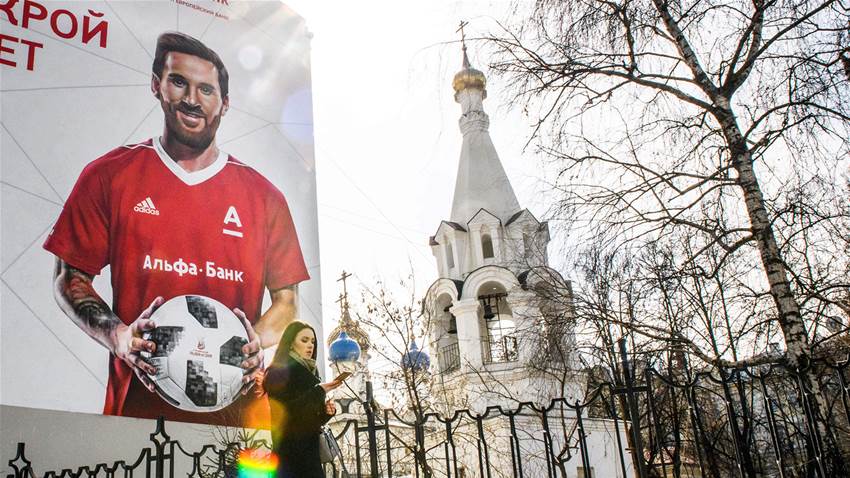Russian Deputy Prime Minister Olga Golodets, who is in charge of culture, sports and tourism in the country's government, said Wednesday that the 2018 FIFA World Cup, which kicks off in Russia on Thursday, had given a “huge” impetus to the development of the country’s infrastructure.
“It [hosting the World Cup] is a huge responsibility, but at the same time it is a huge impetus to the development of our country and its infrastructure, as well as the future projects, especially those connected with the development of tourism… The tournament has given a serious impetus to the transition to international standards, concerning people with limited abilities in particular,” Golodets told journalists.
She added that the Russian government was “extremely interested” in enabling people of all ages, including disabled people, travel “freely and comfortably” across the country.
According to Gologdets, a total of 2.8 million people will attend the World Cup matches, and more than a billion will watch the broadcasts.
Russia will host its first-ever World Cup from June 14 to July 15.
Related Articles

French footballers fuelled by Argentinian provocation

Palestine inspired by fans ahead of Socceroos clash













